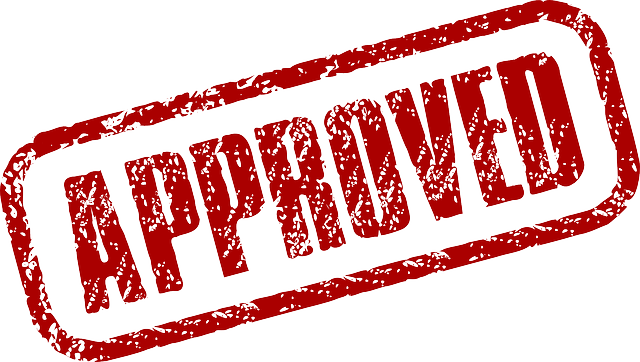Understanding Mortgage Default on Rural Land
Owning rural property comes with many benefits, but when a landowner struggles to make mortgage payments, the consequences can be severe. Defaulting on a mortgage for rural land triggers a series of actions by the lender, which can lead to late fees, increased interest rates, and even foreclosure. Knowing what to expect when falling behind on payments can help landowners navigate their options and make informed decisions.
Immediate Consequences of Missing a Payment
The process of mortgage default begins the moment a borrower misses a payment. The immediate consequences typically include:
- Late Fees and Penalties – Lenders usually charge a late fee after a missed payment, which can add to the overall debt.
- Increased Interest Rates – Some mortgage agreements include penalty clauses that increase interest rates after repeated missed payments.
- Negative Impact on Credit Score – A missed mortgage payment is reported to credit bureaus, significantly affecting the borrower’s creditworthiness.
Stages of Mortgage Default
1. First 30-90 Days: Late Notices and Collection Calls
Lenders begin reaching out after the first missed payment. During this period:
- Borrowers receive reminder letters and phone calls.
- Late fees and interest penalties begin to accumulate.
- The mortgage is not yet considered in default, but falling further behind increases financial strain.
2. 90+ Days: Notice of Default Issued
After three or more missed payments, lenders typically issue a Notice of Default (NOD), which is a formal warning that the loan is in serious delinquency. This document outlines:
- The total amount owed, including past-due payments and penalties.
- A deadline for making payments before the lender proceeds with foreclosure.
- Potential options to bring the loan current, such as repayment plans or loan modifications.
3. 120+ Days: Foreclosure Proceedings Begin
If the borrower fails to resolve the debt, the lender moves forward with foreclosure, which can happen in two ways:
- Judicial Foreclosure – The lender files a lawsuit, and the case goes through the court system, which can take months to finalize.
- Non-Judicial Foreclosure – The lender follows state procedures to sell the property at auction without court involvement, which speeds up the process.
What Can Landowners Do to Avoid Foreclosure?
If you’re struggling with mortgage payments, there are several options to prevent foreclosure:
- Contact Your Lender Immediately – Many lenders offer repayment plans, forbearance options, or loan modifications.
- Refinance the Mortgage – If eligible, refinancing can help secure a lower payment or extended loan terms.
- Sell the Property Before Foreclosure – Selling your land quickly can help pay off the mortgage and prevent foreclosure from damaging your credit.
How Liberty Land Traders Can Help
At Liberty Land Traders, we understand the challenges that come with mortgage default and foreclosure. If you need to sell your land quickly to avoid financial hardship, we offer a fast and hassle-free cash sale option. Our process ensures: ✔ A fair cash offer for your land – No waiting for traditional buyers.
✔ Quick closings – We close in as little as two weeks to help you pay off your mortgage.
✔ No hidden fees or commissions – You receive the full amount of our offer.
✔ A stress-free process – We handle all paperwork and legal details.
Act Now to Protect Your Financial Future
If you’re facing mortgage default on your rural land, don’t wait for foreclosure to take control. Liberty Land Traders can provide a fast and reliable solution. Contact us today for a free, no-obligation cash offer and take the first step toward financial relief.


